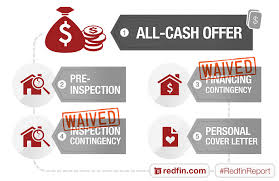 News reports have recently discussed the Archdiocese of New York and their seeking Court approval to mortgage church-owned property. The purpose behind such action is for the Church to obtain a loan of $100,000,000.00 from JP Morgan, Chase, N.A., backed by a mortgage on Church-owned property located at 457 Madison Avenue in midtown Manhattan. The loan proceeds will apparently be used to pay monetary settlements to the victims of the Church child abuse scandal.
News reports have recently discussed the Archdiocese of New York and their seeking Court approval to mortgage church-owned property. The purpose behind such action is for the Church to obtain a loan of $100,000,000.00 from JP Morgan, Chase, N.A., backed by a mortgage on Church-owned property located at 457 Madison Avenue in midtown Manhattan. The loan proceeds will apparently be used to pay monetary settlements to the victims of the Church child abuse scandal.
Laymen may be asking why Court approval is necessary for such a transaction. If an individual owns property, and seeks to obtain a mortgage on the property in order to raise funds, generally, Court approval is not needed. The difference in this situation is that the Archdiocese of New York is a Religious Corporation, and, as such, is subject to the New York Religious Corporations Law.
As prior blog posts have discussed, any New York Religious Corporation seeking to buy property, sell or lease property, or obtain a loan backed by a mortgage on property it owns, must obtain approval of the New York State Attorney General’s Office. The reason behind this statute is to make sure that a religious institution is not “sold out” from under its members by unscrupulous individuals or leaders. Most religious institutions, of course, do not own the large real estate portfolio that the Archdiocese of New York does, and may own a single building which is used for its offices and place of worship. The Religious Corporation Law protects all such institutions by requiring Court approval for such important real estate transactions, in order to insure that loan proceeds are used for purposes that congregants will believe will advance the legitimate interests of the church.
 New York Real Estate Lawyers Blog
New York Real Estate Lawyers Blog










